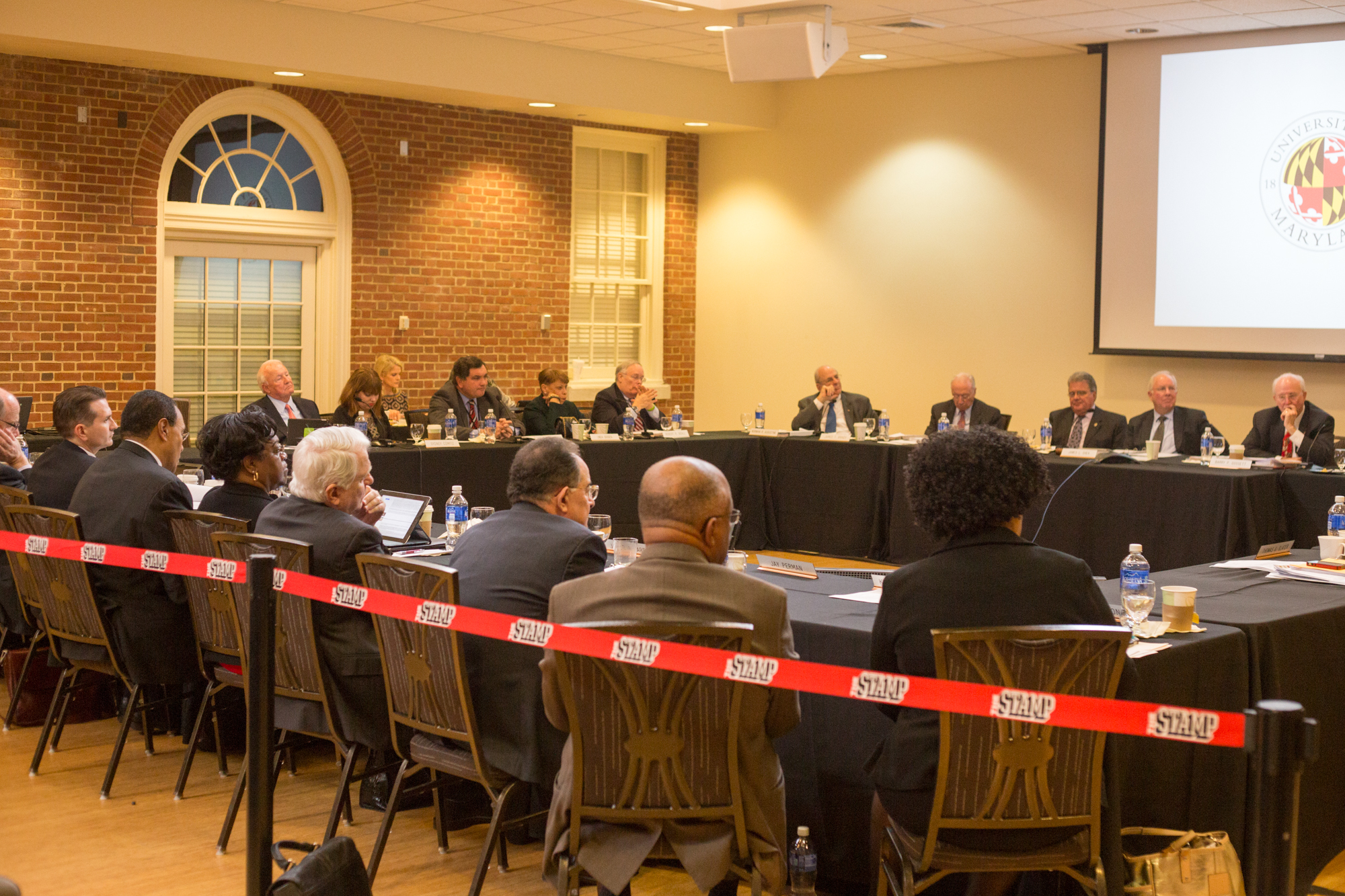The University of Maryland revised its differential tuition policy after a parent raised concerns that students with Advanced Placement credits would pay higher rates for more than the intended two years.
In 2015, this university announced plans to phase in tuition increases for business, engineering and computer science majors over three academic years. During the 2015-16 academic year, juniors and seniors in these majors paid an extra $700 for tuition. This year, upperclassmen will pay an extra $1,400, and next year the tuition increase will be $2,800 per year, The Diamondback previously reported.
Differential tuition pricing goes into effect when a student completes 60 credits and achieves junior standing. But the university will now guarantee those who pay higher rates do so for a maximum of four semesters — ensuring that students who enter the university with advanced standing are not penalized, CFO Paul Dworkis said.
This update was presented to the Board of Regents at its meeting Friday.
Last year, a parent contacted the Board of Regents and its finance committee, concerned because her son had entered school with a significant number of Advanced Placement credits, which caused him to earn junior standing before his fifth semester at the university, said Mike Lurie, University System of Maryland spokesman.
In this case, it was unlikely the student would be able to graduate early given the courseload of his major, so he would be subject to more than two years of differential pricing, Dworkis said.
This went against the “spirit of the policy,” which intended to charge students after their sophomore years, Lurie said.
“They could be subject to five, six or seven semesters of increased cost … you could almost look at it as being punished for the success that you had,” Lurie said. “It felt to [this mother] like a standout student was being financially punished for the very things we want to see students do.”
The Board of Regents asked this university’s Division of Administration and Finance to revisit this aspect of differential tuition after its June 10 meeting, Lurie said. The department worked over the summer to come up with an acceptable solution to close this “unanticipated loophole” in the policy, Lurie added.
Students will still pay differential tuition once they reach the 60 credit threshold, but will no longer be subject to higher rates after four semester, Dworkis said. A document from the Office of Financial Aid states that students with more than 60 credits would continue to pay differential tuition until they graduated.
“Four semesters is what we were agreeing to charge and that is what we’re ultimately going to charge,” Dworkis said. “I think it’s a good solution that addresses that particular issue quite well.”
Moraya Boggan, a junior marketing major, said she began school with about 19 credits from Advanced Placement classes, but some of those credits did not fulfill major or other graduation requirements.
“If they would have used that to charge me more then I definitely would have been more upset about it,” she said.
Though Boggan said she understands the differential tuition policy, she would like to know specifically what the additional money goes toward. She added that the differential tuition charges — $700 per semester this year — are not insignificant and are “only going up.”
“We worked hard to get in [to the business school] and then you’re making us pay more for it,” Boggan said. “Some people are already on financial aid, and it’s just like you’re increasing their debt.”



